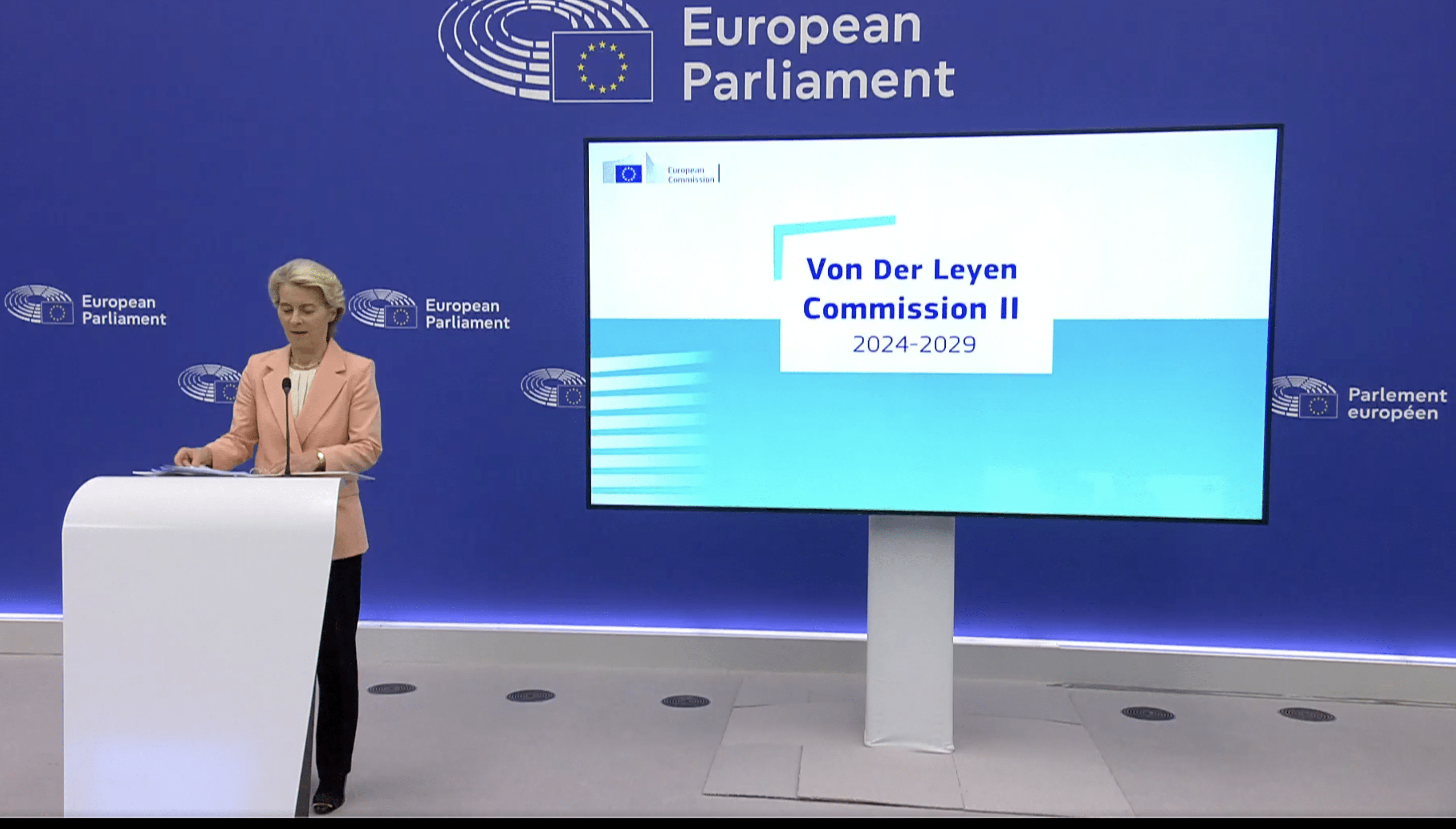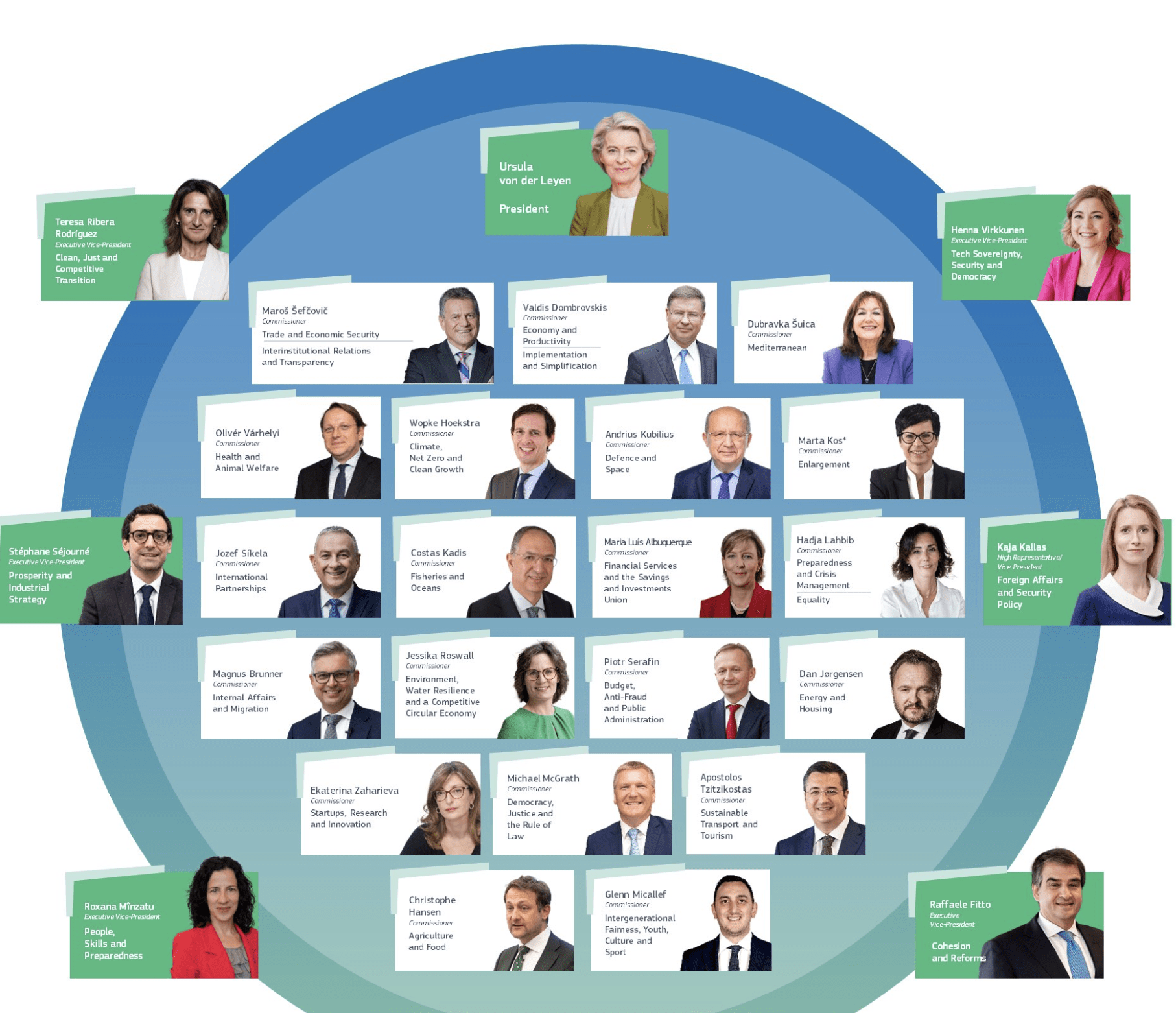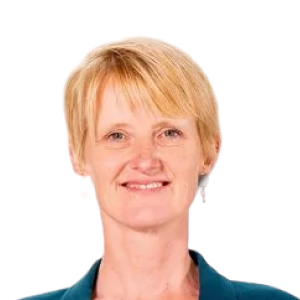The Agenda-Setting Nature of Draghi’s Report for the New European Commission
While the focus of the new Commission will be crystallizing over the months and years to come, this short analysis of the mission letters for the future Commissioners suggests that the recent intervention of Mario Draghi on Europe’s competitiveness has been agenda-setting for the policy priorities as defined by Commission President Ursula von der Leyen.

Ursula von der Leyen, the newly minted chief of Europe’s main executive institution, the European Commission, has outlined her new team. After clearing the hurdle of European Parliament hearings, the new Commission team has its work cut for it. Calls for major policy reforms are mounting against the backdrop of war raging in Ukraine and Gaza, and rapidly changing geo-economic landscape as the relationship between China and the US cools.
In a long-awaited report on the future of Europe’s competitiveness, former president of the European Central Bank and Italian prime minister, Mario Draghi did not straddle the fence. In his almost 400-page report, Draghi calls for a major policy overhaul.
If the EU does not significantly change course and becomes more productive by increasing investments, the continent is condemned to further decline and politicians will be required to make very difficult choices.
If the EU fails to increase its competitiveness and remains stuck on a sluggish to no growth trajectory, it will not be able to meet its core objectives, namely securing welfare, freedom, peace, and security for its citizens. Draghi goes as far as to suggest that “if Europe can no longer provide [these values] to its people – or has to trade off one against the other – it will have lost its reason for being.”
The Impact of the Report
The report has received a mixed reception. While pro-climate groups for example criticised it for a lack of ambition to combat climate change, finance industry representatives welcomed the call for massive investment to spark growth and innovation.
Much of the political discussion of the report has focussed on how to foot the bill of additional investments up to at least 800 billion Euro each year (around 4.5 percent of EU GDP) to invest in decarbonisation, digitalisation, and defence.
Joint borrowing, of which Draghi has long been a proponent, has always been a sticky point within the EU.
Ever since the 2008 financial crisis, this issue has pitted Northern member states against the South for example. The post-pandemic recovery fund, NextGenerationEU, foresaw joint borrowing, but the legal base for this is temporary, as restated by the German Constitutional Court.
The commentary on the virtues and vices of investments and borrowing, and these would require Treaty change or not, overlooks an important point, namely the extent to which the Draghi report has been agenda-setting for the plans set out by Commission President Ursula von der Leyen for her new Commission team.
One way in which we can determine the agenda-setting nature of the report is by putting it next to the mission letters for each Commissioner-Designate that were published on the 17th of September 2024.
Mission letters are sent by the Commission president, in this case, Ursula von der Leyen, to each Commissioner-Designate and outline the title and content of each Commissioner’s portfolio.
The Commission team is not yet set in stone, all candidates will undergo a legal screening and a confirmation hearing and vote by the European Parliament before they are installed, but the mission letters do provide us with interesting insights into what the Commission president is aiming to achieve with her team during her second term.
In order to examine the agenda-setting nature of the Draghi report for the policy priorities of the new Commission, I reviewed two elements of the portfolios: (1) the titles of the portfolios of each Commissioner-Designate, and (2) the content of these portfolios.

A Different Portfolio Description
The first thing to notice is that the titles of Commissioners have undergone significant change compared to the 2019-2024 Commission. Interestingly, some of the important changes in titles display considerable resemblance to the priorities outlined in the Draghi report.
One of the key posts in the new Commission, Competition, to be held by the Spanish former minister Teresa Ribera is a case in point here. Unlike her predecessor, the Danish Margarete Vestager who was Executive Vice-President Title was for “a Europe Fit for the Digital Age and Competition”, Commissioner-Designate Ribera’s title focuses on “a Clean, Just and Competitive Transition.”
The link between climate, competitiveness, and growth can also be found in the title description of the Commissioner-Designate, Wopke Hoekstra from the Netherlands, “for Climate, Net-Zero and Clean Growth, also responsible for taxation”.
These changes fit the second area for action outlined in the Draghi report, namely that the EU should develop a “joint plan for decarbonisation and competitiveness.” It signals a shift from viewing Europe’s ambitious climate targets as a goal in-and-of-itself to tackle climate change to viewing decarbonisation through the lens of spurring growth and innovation, for example in clean tech.
This refocus also highlights the risk of too much regulation and costs for firms that could make decarbonisation run counter increased competitiveness and growth. Other signals of the agenda-setting nature of the Draghi report are the focus on entrepreneurship and innovation in the title of the Bulgarian Commissioner-Designate, Ekaterina Zaharieva, “for Startups, Research and Innovation”, and the title of Latvian Commissioner-Designate, Valdis Dombrovskis, “for Economy and Productivity; Implementation and Simplification”. When it comes to the latter, it is not only the explicit link to productivity, the increase of which is a key building block of the proposals contained in the Draghi report but also the focus on smoother implementation and simplification of rules in reference to Draghi’s plea for “reducing administrative and regulatory burdens” in the EU.
The Link Between Mission Letters and Policy Priorities
There are also links between the content of mission letters sent by Commission President Ursula von der Leyen, and the policy proposals entailed in the Draghi report. For one, the first part of the mission letter setting out the priorities of the new Commission as a whole not only makes explicit reference to the Draghi report (also to the report of former Italian prime minister Enrico Letta on the Single Market), but it also highlights the ambition of this Commission becoming “an Investment Union” with a “simpler, more focussed, and long-term budget” that allows for “better implementation” and “simpler rules”.
When it comes to the portfolio descriptions of key Commissioners, like Ribera for Competition, decarbonisation is explicitly framed in light of a growth and industrial strategy. Commissioner-Designate Ribera, together with Executive Vice-President for Prosperity and Industrial Strategy, the Frenchman Stéphane Séjourné, and Climate Commissioner-Designate Hoekstra, is responsible for “unlocking investment, create lead markets for clean tech and put in place conditions for companies to grow and compete."
The Draghi report explicitly referenced the competitive advantages of European firms in clean tech and how the EU should support their growth and ability to compete in the future.
In the same mission letter to Ribera, an explicit reference was made to the Draghi report, and its focus on high energy prices being an obstacle to growth. Bringing down energy prices should become a key focus of Ribera’s remit. Similar references to the need to focus the Union’s efforts on competitiveness through an industrial strategy and investment are found in the mission letter to Commissioner-Designate Valdis Dombrovskis.
Other examples of the agenda-setting nature of the Draghi report are the focus on a European Defence Union as a means to boost Europe’s industrial competitiveness, and the support of research and innovation on artificial intelligence in the portfolio briefs of the Finnish Vice-President and Commissioner “for Tech Sovereignty, Security and Democracy and Lithuanian Commissioner-Designate ‘for Space and Defence”, Andrius Kubilius.
While the focus of the new Commission will be crystallizing over the months and years to come, this short analysis of the mission letters for the future Commissioners suggests that the recent intervention of Mario Draghi on Europe’s competitiveness has been agenda-setting for the policy priorities as defined by Commission President Ursula von der Leyen. Time will tell if the new Commission team can actually match these ambitions with concrete policy action.
IEP@BU does not express opinions of its own. The opinions expressed in this publication are those of the authors. Any errors or omissions are the responsibility of the authors.
